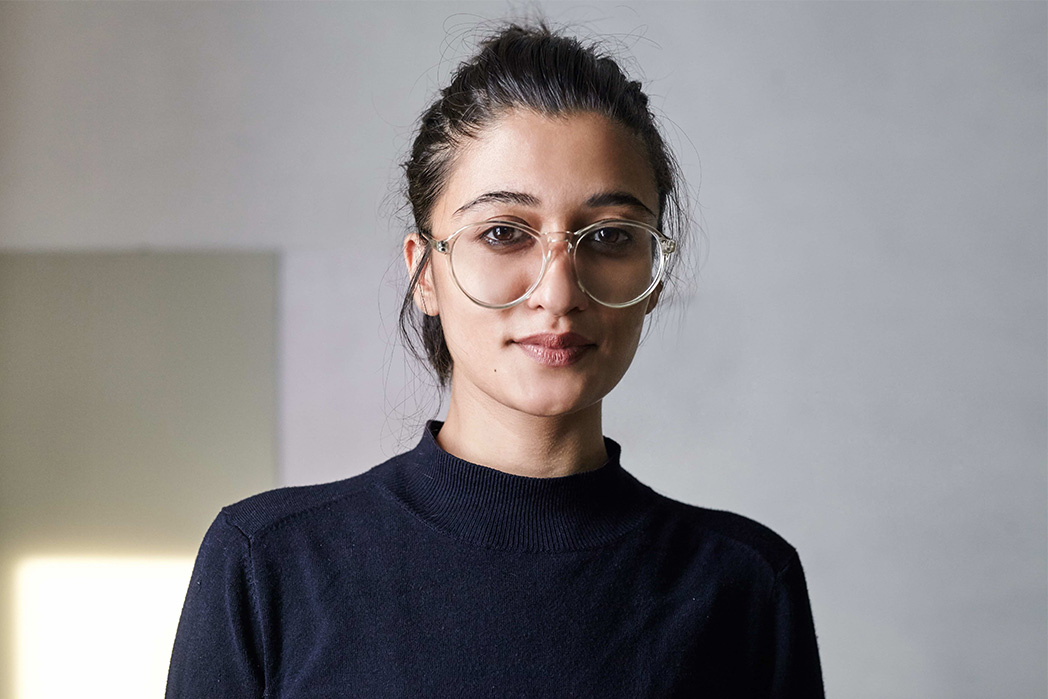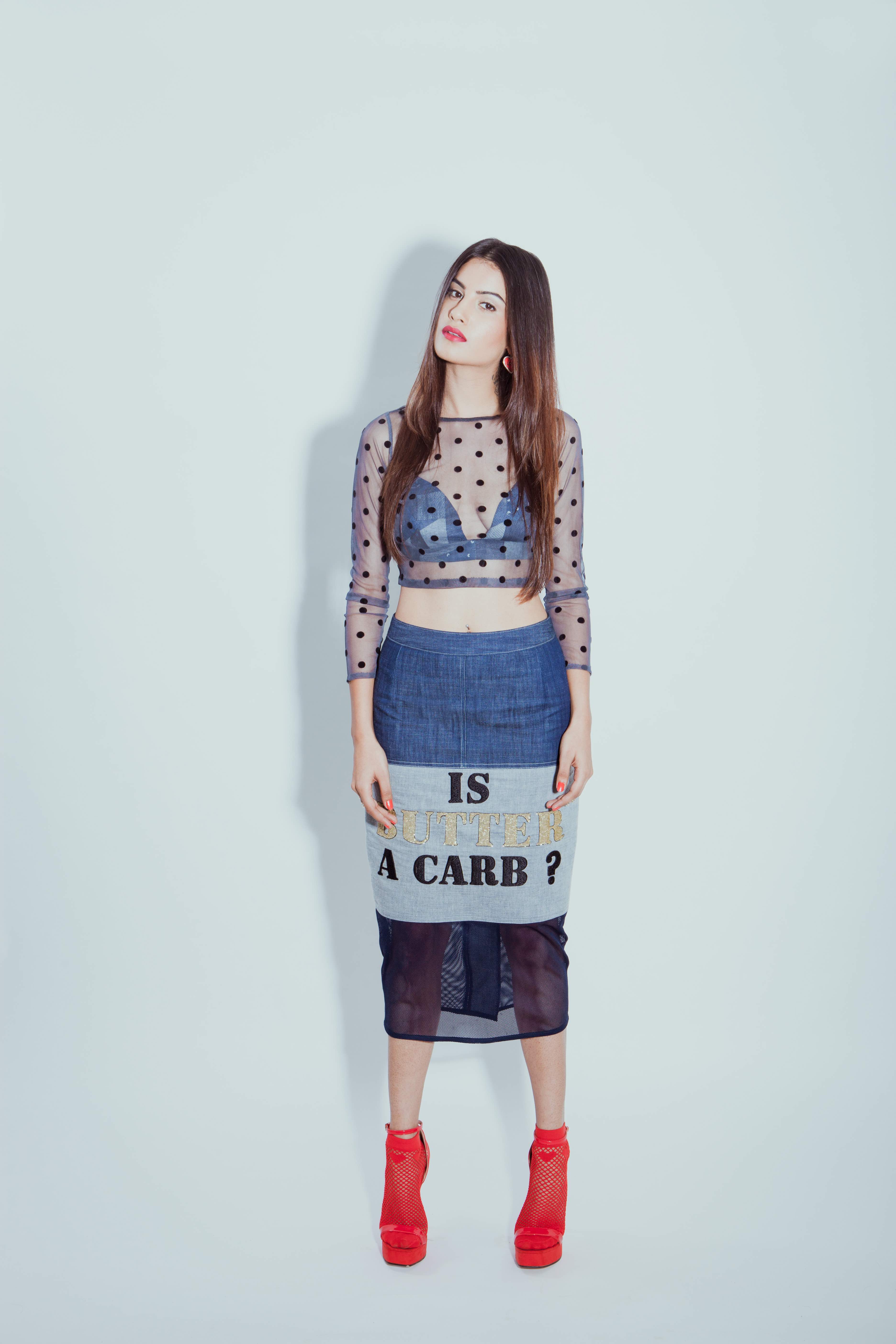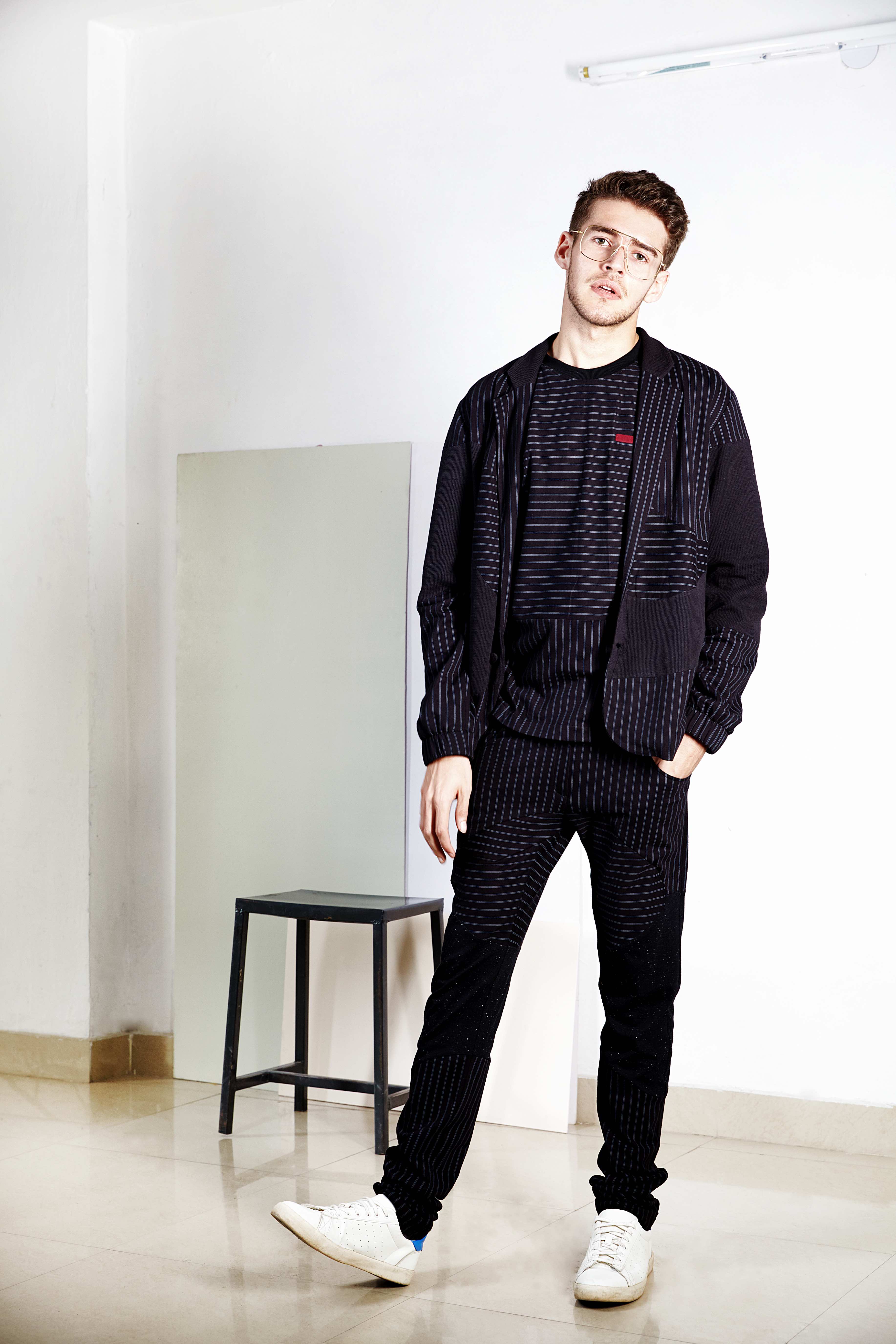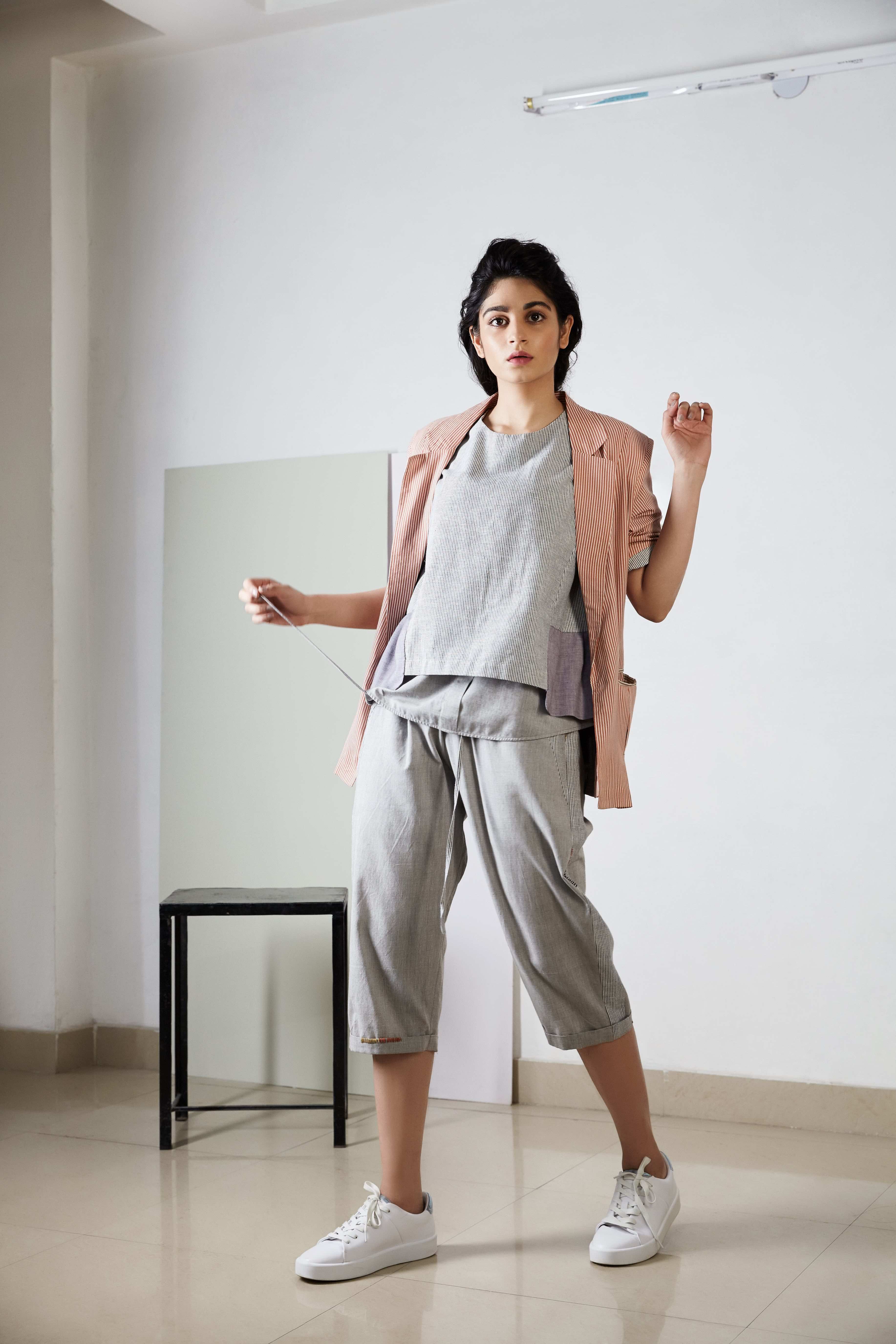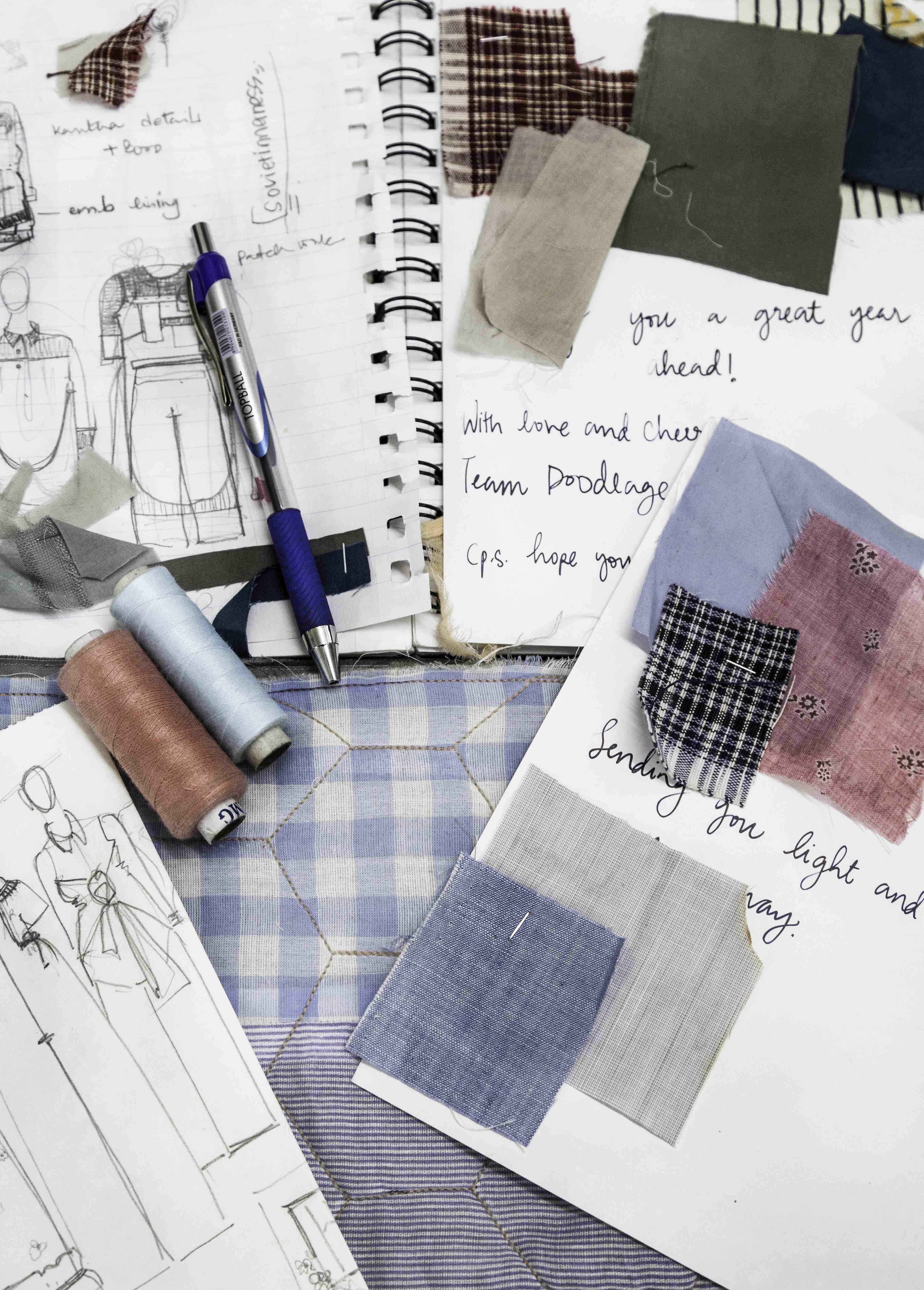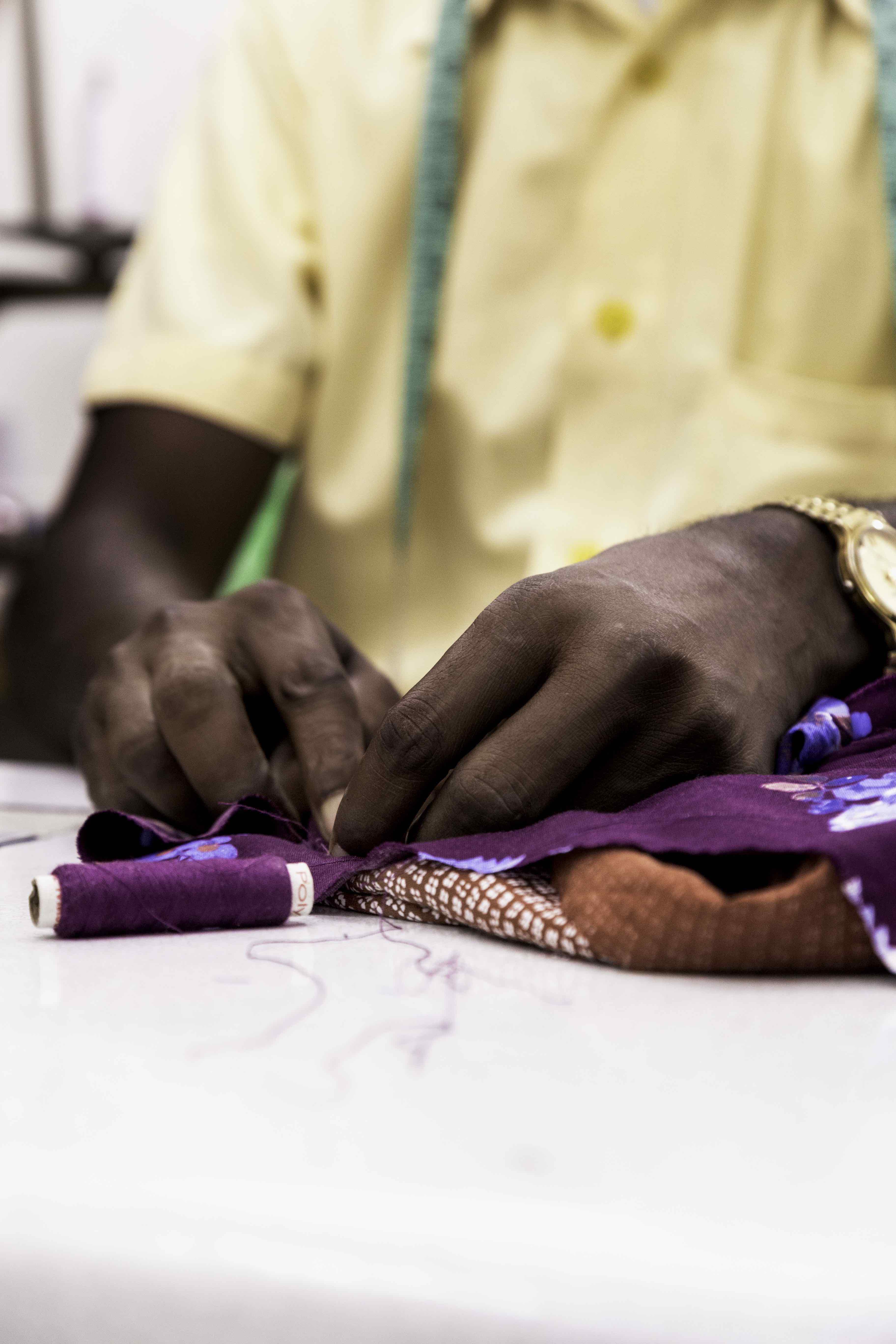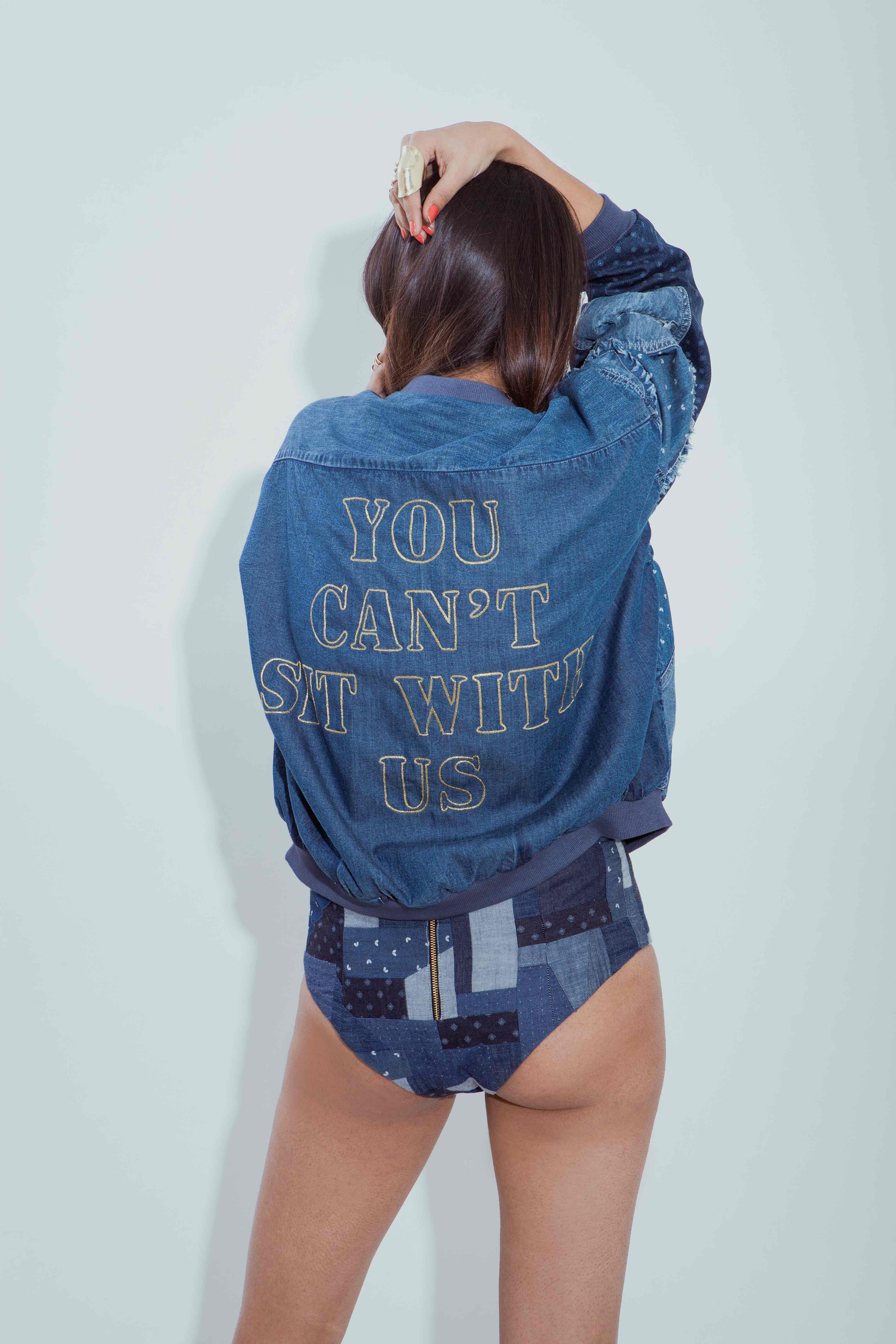“It’s impossible to ignore the waste created by the fashion industry.”
Profile:
Name: Kriti Tula
Occupation: Creative Director, Doodlage
Website: www.doodlage.in
Instagram: @doodlageofficial
—
currentMood: What was the thought process behind launching a brand that uses up-cycled fabric?
Kriti Tula: I studied fashion design from Pearl Academy and went on to pursue a masters degree in design management from London College of Fashion. As a designer I have grown to understand that it’s impossible to ignore the waste created by the fashion industry. A study cites that approximately 16.36% of fabric is wasted from the total material intake during the process of cutting, 6.37% of it is wasted in the stitching process and approximately .09% goes out in quality check. According to calculations last done in 2010, in an optimistic scenario, about 40 billion square meters of leftover fabrics and scraps are created every year. With 40% of garment production being done in India, Bangladesh and China we alone produce enough waste to be able to create 6 billion garments from just scraps and leftovers saving them from not landing in landfills every year.
It was just a conscious decision to work on an ethical brand that up-cycles this waste.
cM: To what extent are your clothes up-cycled?
KT: We have only diversified with our last collection by using fresh bamboo, eucalyptus and corn fabrics to support the manufacturing of more sustainable fibres. Although majority of our fabric is still sourced from industrial waste that’s discarded by numerous mass producing units. Our design process with every collection starts by collecting scraps of fabric, end of the line fabrics, defected fabrics (defects that can be controlled in smaller units like textile slubs, small misprints but are overall good quality fabrics) and sampling waste. Once everything is in-house we design pieces to maximize fabric utilisation. Post cutting, the scraps are segregated according to colour. These panels are used for creating accessories and home furnishing.
cM: Do you think there’s a market for up-cycled clothes in India?
KT: It’s a growing niche compared to when we started, when terms like up-cycling, slow fashion, ethical fashion was lesser known. Sustainable fashion has gained a lot of attention in the last year or so but there is still a long way to go. Many of our clients are sensitive towards what we do and genuinely invest in smaller more ethical labels but a lot of our audience is just looking for chic dresses and purchases the product purely for its aesthetic and quality. Only when they become regular consumers and we build a dialogue over reoccurring orders that we are able to educate them more about the cause that we are working on.
cM: How easy or hard is it for a designer in India to set up an ethical label?
KT: If each label starts managing their own waste, that would be step one for setting up an ethical label. For smaller brands, it is much easier to manage the same at their own levels. Investing in more ethical fabrics and reducing the use of polyester is integral when working towards being an ethical label. One can also use recycled polyester yarns, and invest in organically dyed fabrics. Segregate your waste – fabric wastes can go to darri weavers, and paper goes to paper recycling units or local kabhadi shops. It’s not just about upcycling in fashion, it’s a much needed change in lifestyle.
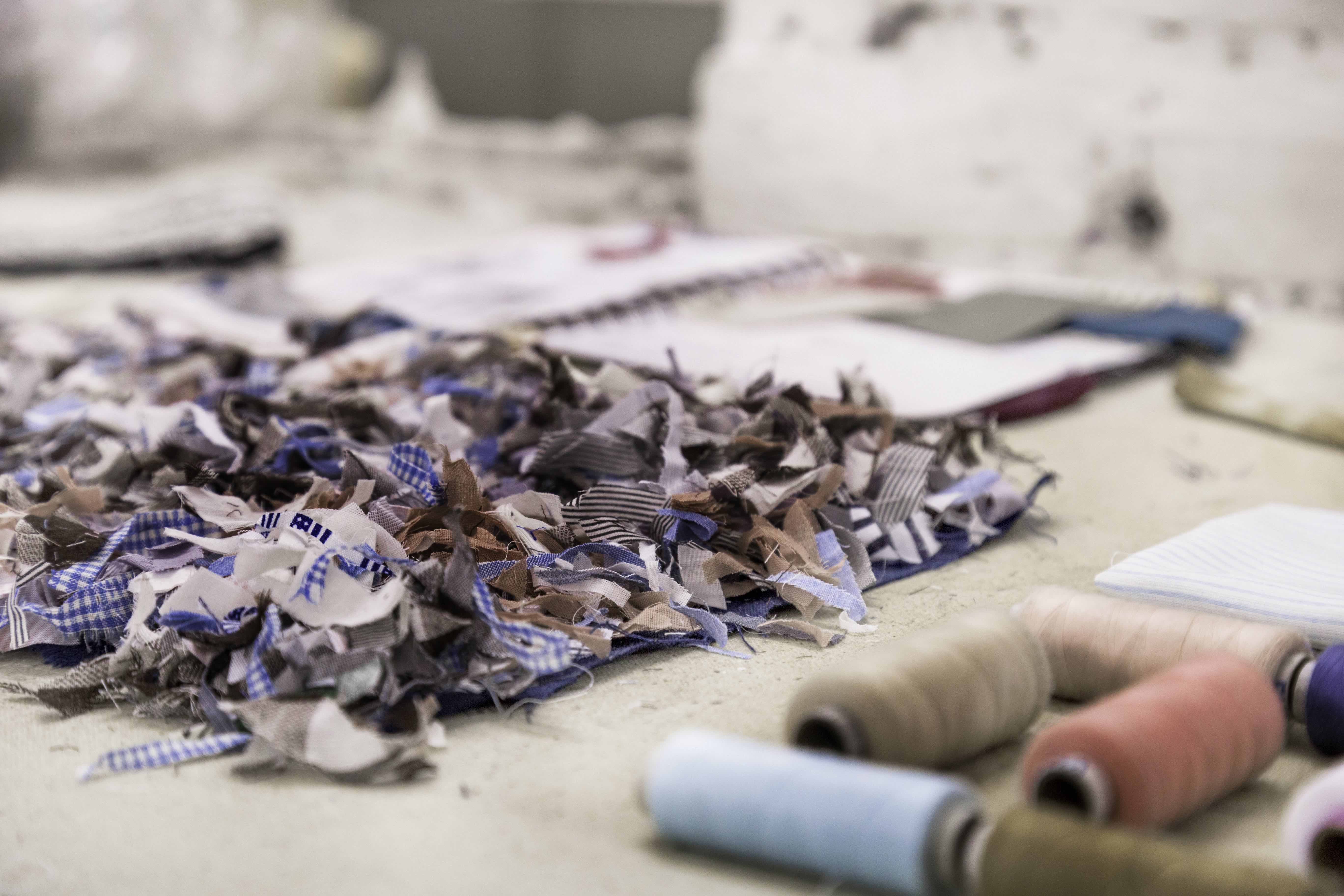
cM: So do you source threads from fair-trade?
KT: We source our threads as spools and spools of export rejects or surplus. They are sources in kgs and you can almost never choose the colours you want. This is visible in our pieces and our threads are mostly a little off in colour co-ordination and if we do not find anything close we just contrast the colour completely. We deal with many such daily issues but come back stronger with a crazier design solution, at Doodlage! All our little drawbacks add a lot of individuality to each of our pieces we have just been lucky that our consumer has accepted our brand and the USP it comes with.
cM: Setting up your own business is always challenging, especially when it’s something unique that most of the market itself doesn’t understand. What challenges did you face?
KT: Being an entrepreneur is not an easy battle for anyone. The struggles are real and everyday is uncertain till things become more stable. Then are plans of expansion and you think “what next?” – that keeps pushing you to do more. Things become even more uncertain when your business is one of a kind in the country you’re based in. Where will you buy your material? What will be your model of retail? If you cannot replicate how will you take orders? What will you price your pieces at? These were just the beginning of my worries!
cM: Are you selling to stores abroad?
KT: While we are working with about 40 Indian stores, which remains our key market at the moment, we do retail through a few stores in UAE, Toronto, UK and
Berlin.
All image courtesy: Doodlage
Interview by: currentMood
*Article edited on 26th July2017
